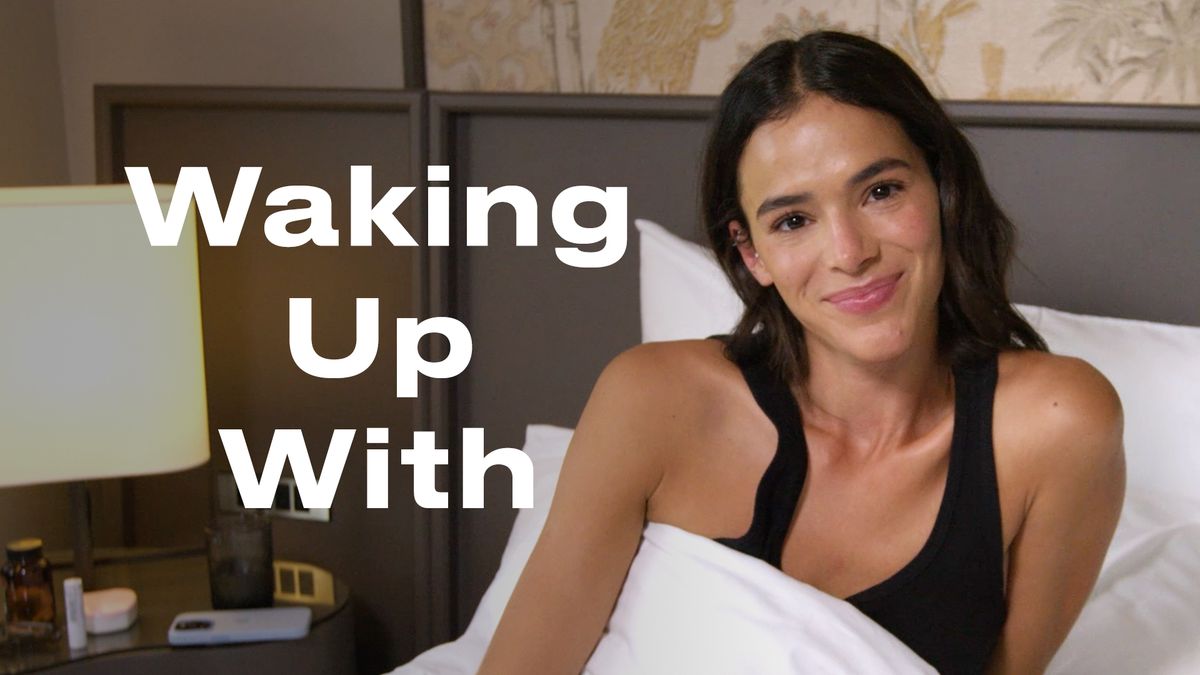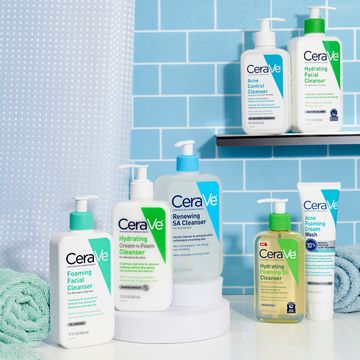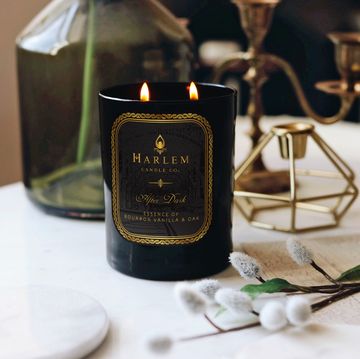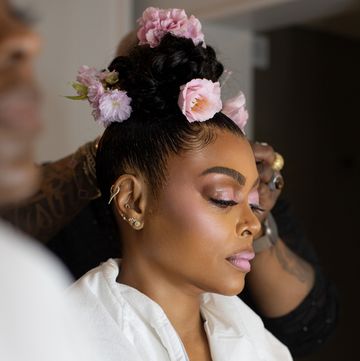Some people are self-conscious about a particular facial feature, like their nose, mouth, or chin. Although I'm not self-loathing, overly critical, or particularly vain, I'm uncomfortable with my whole body, from head to toe. I've devoted 29 years to concealing my face and finding clothes to best hide the rest of my insecurities. I know you're probably picturing me as some crazy lady walking around with a bag over my head while wearing a potato sack dress. But at first glance, if I've done my magic act well, you might regard me as just another average-looking 41-year-old suburbanite.
I wish that were the case, but I suffer from a rare, chronic autoimmune disease called scleroderma. One symptom is the development of red splotches on the skin, called telangiectasia. Upon diagnosis at age 10, these unsightly spots began emerging all over my body. At age 12, I started concealing them with heavy foundation.
I've become remarkably crafty at never allowing anyone (except my immediate family) to see me without makeup. Even living in a sorority during college was no match for my stealthy ability to hide my bare face. With CIA-like precision, I've found garments that best camouflage my deformed, contracted, skinny arms and chicken legs, another physical manifestation of my condition. For almost three decades, I've rarely left my bathroom without my "face on," much less my house. I never wear strapless, sleeveless, or backless clothes, or any other clothing item with the suffix "-less."
My tenacious efforts to appear "normal" have taken a toll on my self-esteem. Being diagnosed with a disfiguring disease on the brink of adolescence was a devastating blow to my body image, and I grew up with a constant self-deprecating inner dialogue looping through my subconscious. I'm no psychologist, but I can't imagine trying to hide every inch of your bare skin for 30 years can be a recipe for a positive self-concept.
My situation may be extreme, but I'm willing to bet most people go through their daily lives trying to hide something from the universe. Will we ever get to the point as a society where we can just say, "So what?" So what if I've put on a few pounds or have big feet or small breasts? What does that really have to do with the essence of who I am?
It's easy to say we shouldn't allow our appearance to dictate our self-value, or we should declare that looks don't matter or that beauty is skin deep. It's much harder to put those clichés into practice. This past summer, I tried to do just that. With the support of my incredible friends and family, I willingly went out in public without makeup for the first time in 29 years. It was simultaneously one of the scariest and most liberating moments of my life.
You would think now that I've tackled my fear of exposing my bare face in public, I prance all over town makeup free, right? Wrong. I still adhere to my ritual application of cosmetics and wear my tediously selected outfits to conceal as many spots as possible. Like most women, I enjoy putting effort into my appearance, and I don't think there's anything wrong with that. I'm still insecure about my bare skin, but I'm trying to remember that my value in this world doesn't hinge on my reflection in the mirror.
When I was pregnant, my scleroderma masked one symptom of preeclampsia, which went undiagnosed and untreated during my final trimester. This led to a massive postpartum infection that spiraled out of control and ultimately led me to a 218-day hospital stay, where I was on the brink of death for much of the time. Scleroderma complicates everything, so while it may not have been the cause, it certainly played a role in the severe complications I suffered.
Now, having gone through multiple near-death experiences, I fully realize there are far worse problems in life than splotchy skin. I am fortunate to have lived with scleroderma for 31 years, because the other option would be to die from scleroderma. This is tragically the case for many scleroderma patients whose internal organs are attacked by this vicious disease.
It's tricky to value inner beauty and still want to conform to society's traditional concepts of attractiveness. There are days when I think I've mastered this tightrope act and others when I fall right off. Thankfully, my safety net consists of the hundreds of family, friends, and community members who continue to remind me I am loved and supported with or without my spots showing.














